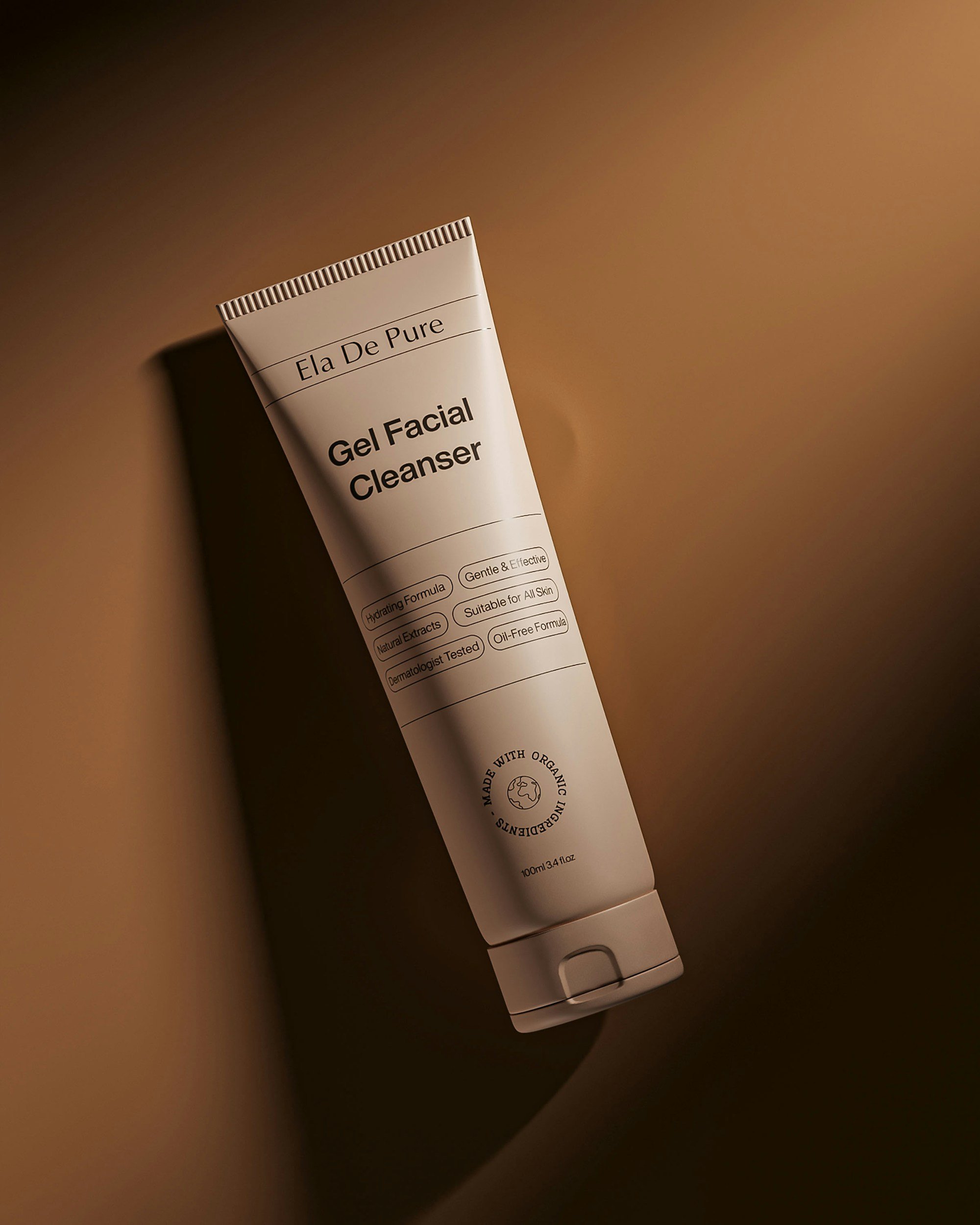Dermatologist
Definition: A dermatologist is an expert in everything skin, hair, and nail-related. Dermatologists can diagnose, treat, and help prevent conditions in these regions. Some of the procedures can include, but not limited to:
External and injected medications
Light therapy
Dermatological surgical procedures
Cosmetic produces
Skin cancer diagnosis and treatment
Treatment of autoimmune conditions
Treatment of Aging and Wrinkles
The road towards a career in Dermatology…
Individuals who pursue dermatology study for years to truly understand the conditions that threaten the health of the skin, hair, and nails. They also study and obtain the skills it takes to diagnose and treat the conditions. It takes over a decade to become a board-certified dermatologist.
To become a Dermatologist, you must:
The first step to becoming a dermatologist is obtaining a Bachelor’s Degree.
This typically takes four years. It is highly recommended that the major of this degree be on the pre-med track, like biology, physics, chemistry, etc. These courses will help and prepare you for the rigorous studies of medical school
Before you get accepted into medical school, everyone has to take and score on the MCAT. (Medical College Admission Test)
The scores on this test can range, and depending on which medical schools you apply it, admissions might want a certain score from their applicants.
Congratulations, you're in medical school! Now you have to earn your degree, you can either take the medical doctorate (MD) pathway or their doctor of osteopathic medicine (DO) pathway, which takes four years.
After med school has been completed, you then complete a year-long internship in medicine.
This internship is for first-year residents to gain more knowledge and experience in medical practice under experienced physicians.
After the internship, a three-year (minimum) residency in dermatology is required.
These residency programs are meant to provide intensive hands-on training that prepares individuals for their field. This training is intended to be done under the supervision of experienced board-certified dermatologists. 12,000-16,000 patient care hours should be completed during this duration of time.
Are you adding the years yet?
The final step to becoming a dermatologist is to pass the Board Certification in Dermatology, or the BCD.
This is an exam that is made up of written and computerized questions that cover the entirety of dermatology. State licensing exams may be necessary, depending on the state in which one resides.
Not all heroes wear capes; some of them wear scrubs.
The skin is the largest organ of the human body, playing a crucial role in regulating body temperature and providing sensory recognition. It is also responsible for serving as our protective barrier against illnesses, diseases, and skin conditions, among other things.
Externally, our skin is the thing that many people take pride in and do a lot of things to maintain its smoothness and clarity. At times, investing in skincare products and remedies may not do the job, and this is where seeing a dermatologist comes in.
A dermatologist is a physician who specializes in the skin. Their knowledge is vast, from hair and nail conditions to rashes and wrinkles. In the grand scheme of things, dermatologists are total lifesavers for everyone.
Specializations?
Some might not know, but you can also specialize in Dermatology! Some of the areas that dermatologists can specialize in include:
Dermatopathology
Photomedicine
Mohs Surgery
Medical Dermatology
Pediatric Dermatology
Surgical Dermatology
Cosmetic Dermatology
Dermatoimmunology
Where can a Dermatologist work?
Dermatologists have multiple different environments with completely different patient interactions where they can practice. Some of which include:
Private Practices
Hospitals
Outpatient Clinics
Medical Schools
Labs
Non-profit Organizations
Government Agencies
Insurance Companies
Let’s have a chat
That's all! Becoming a dermatologist is a process that has its difficulties, yet it is a very rewarding career. Treating patients who are infants, all the way to the elderly, brings different challenges, situations, and new experiences. FYI- you would probably have the best skin out there!
Work Cited
American Academy of Dermatology Association. “What Is a Dermatologist?” Aad.org, 5 Oct. 2022, www.aad.org/public/fad/what-is-a-derm.
Attending Physician vs. Intern vs. Resident—What’s the Difference? – University Health Partners of Hawaii. uhphawaii.org/index.php/attending-physician-vs-intern-vs-resident-whats-the-difference/.
Cleveland Clinic. “Skin Care Doctors.” Cleveland Clinic, Cleveland Clinic, 13 Oct. 2021, my.clevelandclinic.org/health/articles/12165-dermatologists-skin-care-doctors.
“Dermatology Exam | Board Certification Exam | BOD.” American Board of Physician Specialties, Inc., 8 May 2020, www.abpsus.org/dermatology-exam-blueprint/.
Johns Hopkins Medicine. “Specialty Areas.” Https://Www.Hopkinsmedicine.Org/Dermatology/Specialty-Areas, 2025, https://www.hopkinsmedicine.org/dermatology/specialty-areas.
professional, Cleveland Clinic medical. “Dermatologists.” Cleveland Clinic, 30 Aug. 2023, https://my.clevelandclinic.org/health/articles/12165-dermatologists-skin-care-doctors.




